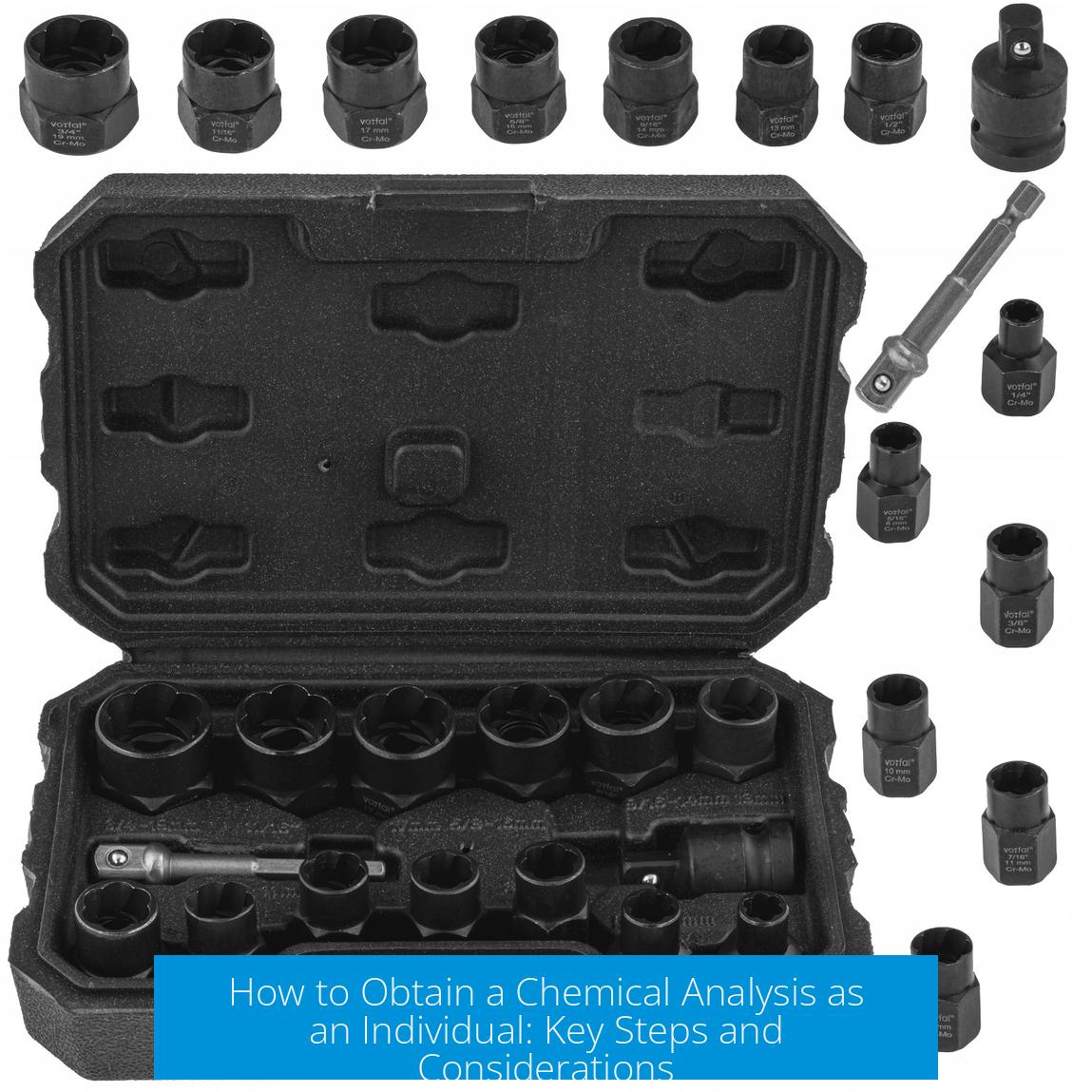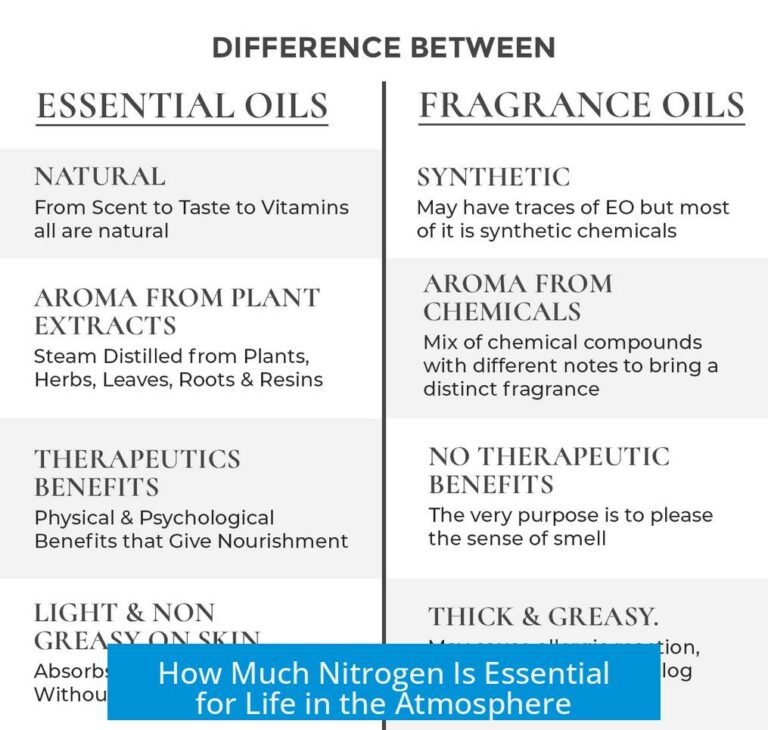How to Obtain a Chemical Analysis as an Individual
An individual can obtain a chemical analysis by contacting specialized laboratories or universities, but the process involves significant challenges related to sample collection, cost, and legal considerations. The complexity of chemical extraction and identification requires careful planning and professional assistance.
Challenges in Sampling and Analysis
Obtaining a chemical analysis from personal items is not straightforward. Sampling often requires knowledge of chemical extraction methods and solubility to release target substances from complex materials such as clothing.
- Standard workflows found in common labs may not apply.
- Forensic-level procedures might be necessary to isolate and identify unknown compounds.
- Simply sending a sample without preparation usually will not yield meaningful results.
Who Can Perform the Analysis?
There are several potential providers for chemical analysis:
- Environmental laboratories can perform tests such as the Toxicity Characteristic Leaching Procedure (TCLP) for organic compounds but require proper sample collection.
- Analytical or forensic labs handle complex chemical identifications but may decline projects due to difficulty or liability concerns.
- Universities with forensic or analytical chemistry departments often accept individual projects. These may be less costly or free, especially if conducted by students as part of coursework.
Legal and Procedural Considerations
Labs do not differentiate between individuals and corporate clients in principle. However, analyses involving illegal substances are restricted by law.
- Submitting samples containing illicit drugs or explosive materials is prohibited.
- Packaging and shipping of chemical samples must comply with regulations to avoid criminal liabilities.
Initial Steps for Suspected Chemical Exposure
If an individual suspects contamination or exposure, especially with persistent odors or visible residues, initial actions include:
- Contacting property management or responsible parties.
- Involving local fire departments who handle hazardous materials spills and may assist in identifying risk.
Cost and Feasibility
Costs for unknown chemical analyses can be high due to the need for specialized processes and extended testing. Narrowing down possible substances before testing can reduce expenses and improve accuracy.
- Unknown samples often require multi-step extraction and screening.
- Testing without targeting specific compounds can become prohibitively expensive.
Key Points
- Contact environmental or forensic labs, or university departments for chemical analysis.
- Proper sample collection and preparation are critical for valid results.
- Legal restrictions apply, especially for controlled substances or hazardous materials.
- Initial suspicion of exposure should involve notifying local authorities.
- Costs can be high; narrowing potential substances beforehand helps manage expenses.
How can I find the right lab to perform a chemical analysis on my sample?
Contact environmental, analytical, or forensic labs. Local universities with forensic or chemistry departments may help, sometimes free. Labs may be selective about samples, so call ahead to explain your needs.
What challenges should I expect when submitting personal items for chemical analysis?
Sampling is tough. You must extract chemicals properly to identify them. Labs may not accept samples without clear instructions. This process can be complex and costly without precise information.
Are there legal restrictions when I submit samples for chemical testing?
Labs treat individuals and companies the same. Testing controlled substances like illegal drugs is prohibited. Handle and ship samples carefully to avoid breaking laws.
What should I do if I suspect harmful chemical exposure before testing?
Inform building management about persistent odors or contamination. If needed, contact your local fire department for hazardous material support before seeking analysis.
Is chemical analysis of unknown substances expensive for individuals?
Yes, it can be very costly. Labs charge more when the chemical is unknown because testing is broad and complex. Narrowing down suspects can reduce costs significantly.





Leave a Comment